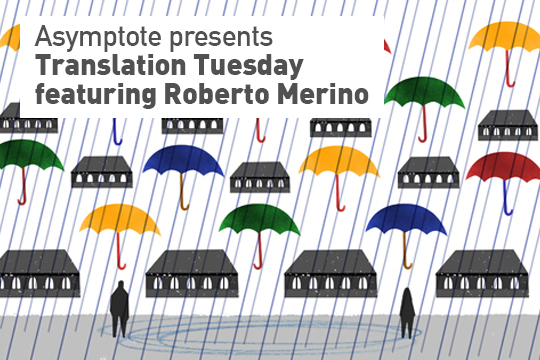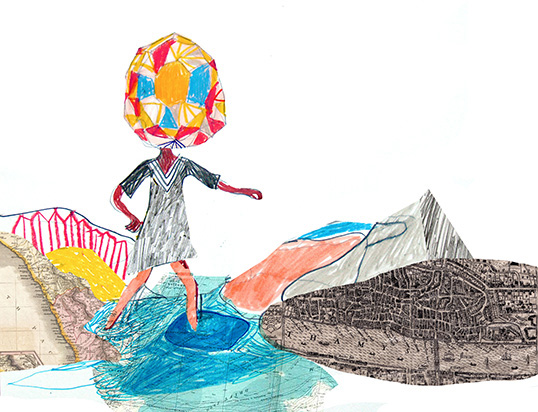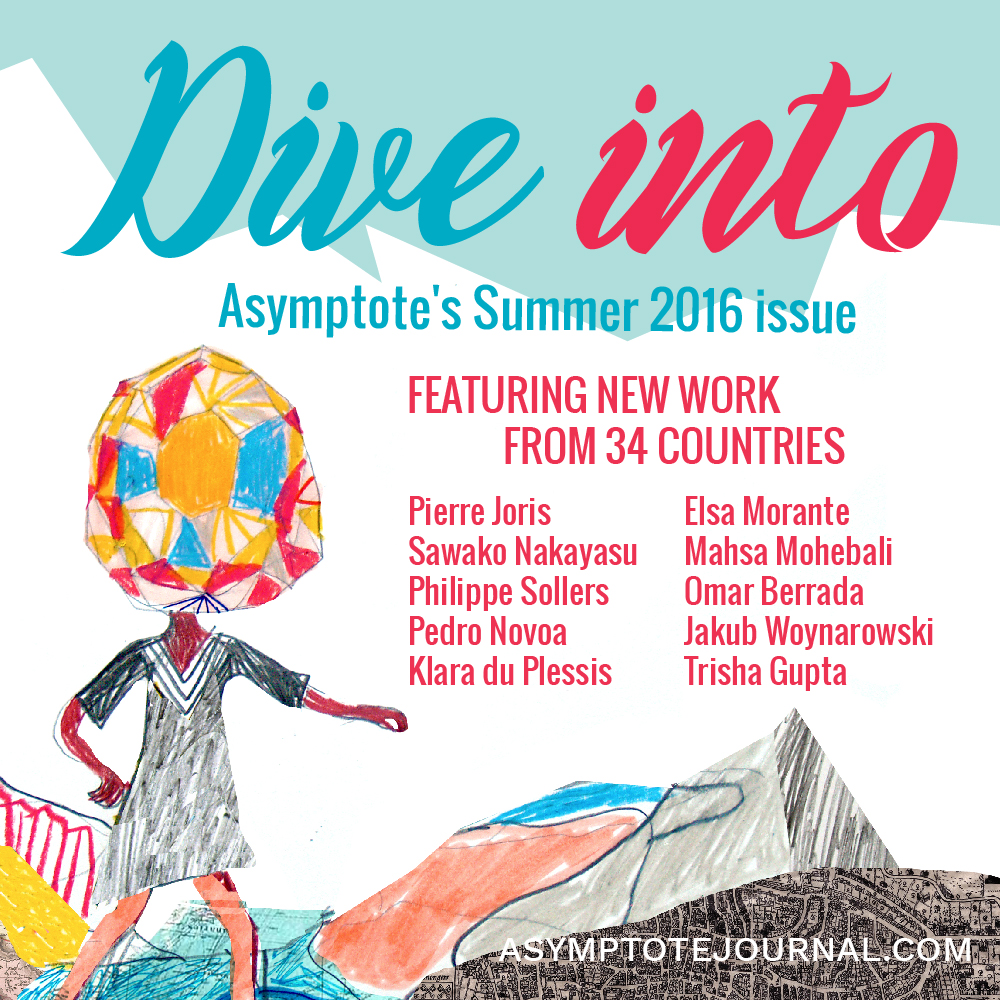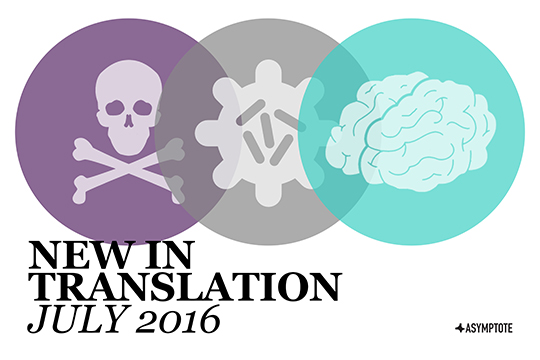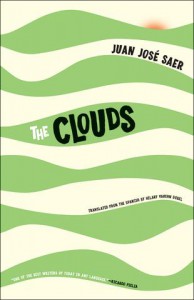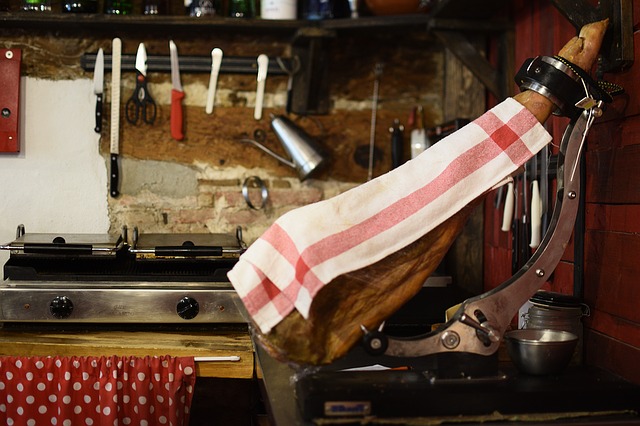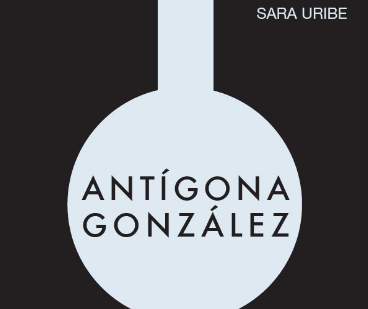If I sold you a ticket in the last year at the Metropolitan Museum of Art in New York, I was running an experiment on you. Thank you for your participation.
Now, this experiment wasn’t very tightly controlled, and it definitely wasn’t sanctioned by the higher-ups, but when you’re doing the same thing 500 times a day you have to find a way to keep it interesting. For those of you who aren’t familiar with the ticketing policy of the Met, it is somewhat well known in the field because you can pay anything you want for a ticket, as long as it’s above $0. For those of you familiar with this policy, it’s probably a source of anxiety.
For staff on the “frontline”, it’s a linguistic hurdle that we must cross with each and every transaction. It was impressed on me upon starting at the museum that I must make sure (probably for legal reasons) that each and every visitor understands this “pay-what-you-wish” policy which, believe-you-me, is not as simple as you might think. I began my experiment to try to find the magic words that people would understand, but confusion over the price of a ticket ensued pretty much instantaneously.


